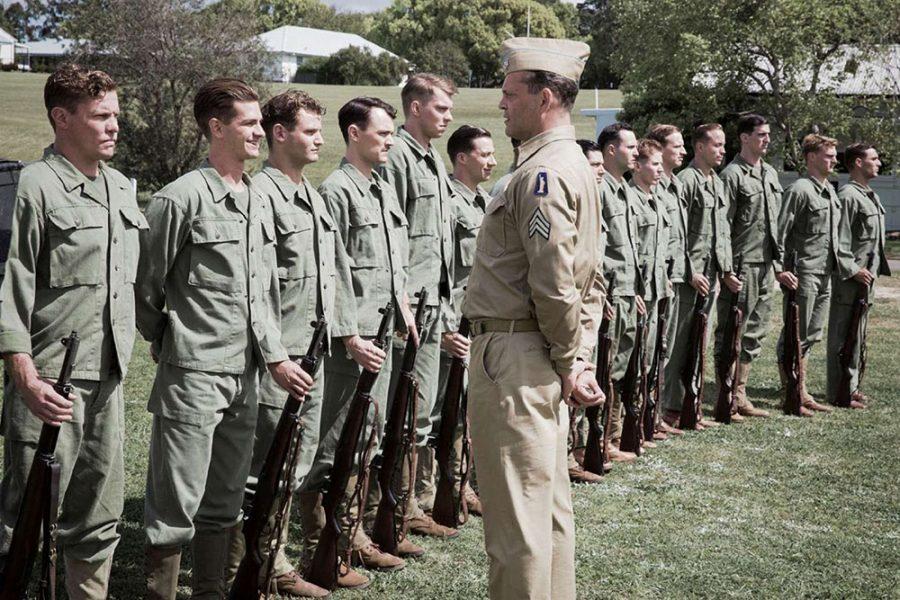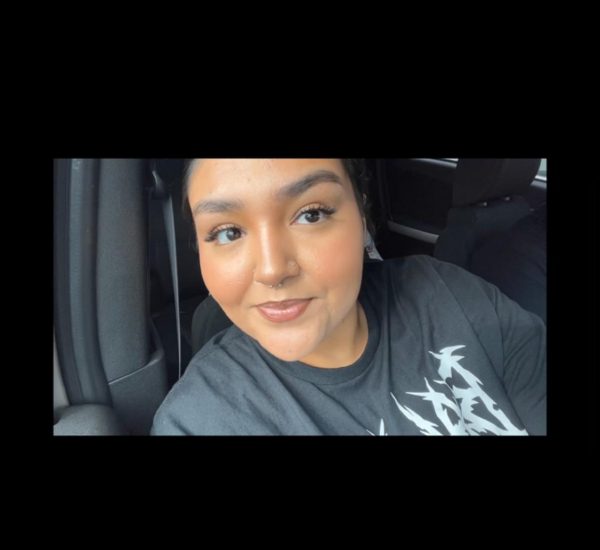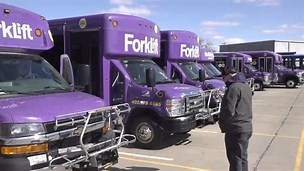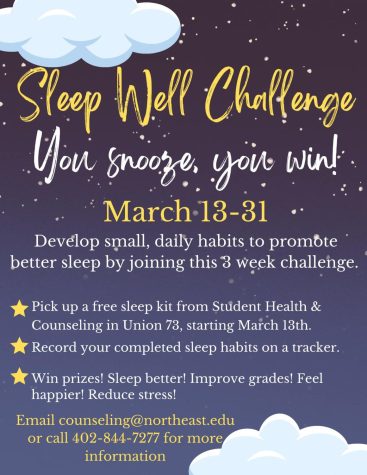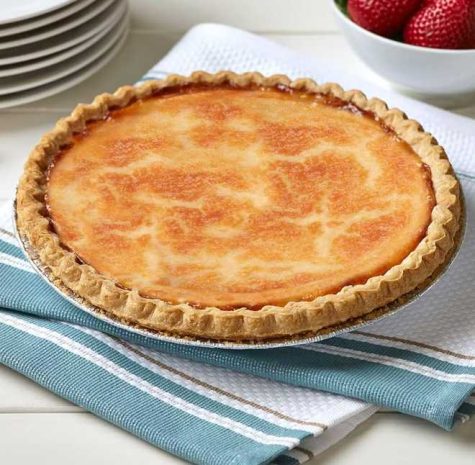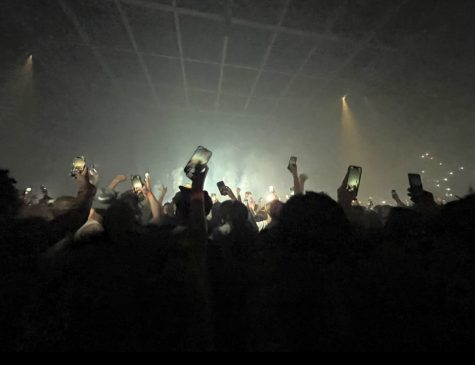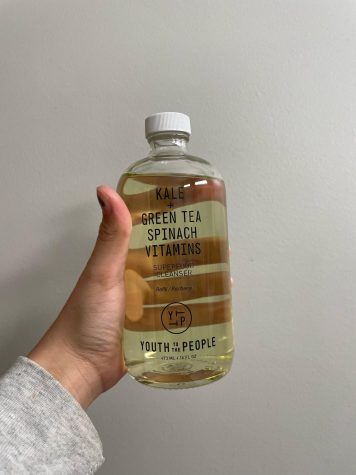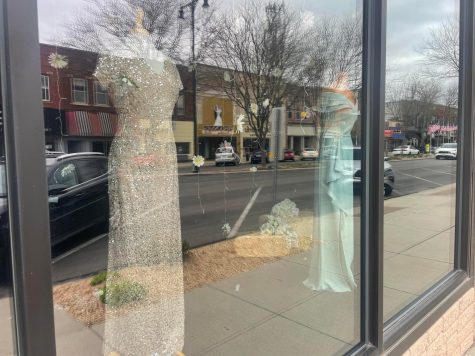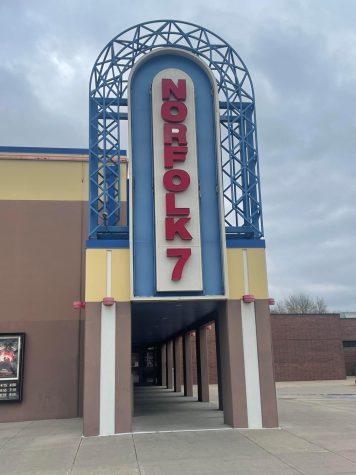Vince Vaughn on his early career, the Cubs and Mel Gibson
Vince Vaughn in "Hacksaw Ridge." (Cross Creek Pictures)
November 11, 2016
By Nina Metz
CHICAGO — When I sat down with Vince Vaughn, who was in Chicago to talk about his new film “Hacksaw Ridge,” it was the early afternoon before Game 4 of the World Series. Wonder what brings you to town, I joked.
“Gosh, I don’t know!” he laughed. Underneath his leather jacket was a Cubs T-shirt. The trip, he said, was a detour from the original publicity schedule. “Let’s see, I wonder if I organized a press junket for any reason and made the studio bring me to Chicago during this tour — I’m trying to think … no, no, no, I think it was strictly to do press.”
Vaughn was in good spirits discussing his early career, the Cubs’ chances and “Hacksaw Ridge,” which tells the remarkable and true story of Desmond Doss (Andrew Garfield), who served as an Army medic during World War II, but refused to carry a weapon. Vaughn plays his sergeant in boot camp and later during a pivotal battle at Okinawa, where Doss chose to remain — after most in his company had already pulled out — to drag and carry injured soldiers to safety.
The film is directed by Mel Gibson, and Vaughn was frostier when that topic was broached. As my colleague Michael Phillips notes in his review, “the director’s off-screen trials, alcohol-related run-ins with the law and raged, anti-Semitic and misogynistic comments put him in Hollywood’s doghouse for years” — but if the film does well, “Gibson’s redemption seems assured.”
The following is an edited version of my conversation with Vaughn, who hails from Lake Forest and until recently had a residence or two in Chicago. Only recently has he made Los Angeles his full-time home with his wife and two children.
Q: When you were a kid, could you have wrapped your mind around the idea that A) the Cubs would be in the World Series, and B) you would have the kind of career that would enable you to be a guy asked to sing the 7th-inning stretch at the World Series?
A: I remember during high school, I think I was a freshman, it was ‘84 and we played the Padres and we won the first two games (in the playoffs) and Game 1, during school, we got to turn the game on. They took us out of class and we were thrilled! The whole school watched the game, that’s how big a deal it was. We just canceled school that day. We had no lights (at Wrigley Field) at that time, so they were all day games. That was one of the weird things; we should have had home field and we didn’t because we didn’t have lights. We kind of got jobbed on that. But anyway, the whole school shut down to watch it, so we were thrilled. What a great team that was. That’s my childhood team, so I love that team.
But (as for envisioning his future), you know, growing up here, I just never thought of it that way. I knew I liked acting and it was fun and I liked making jokes. Always had a sense of humor about myself and other things. So I started going down to the city and training when I was in high school. I did iO with Charna (Halpern, the founder of the improv hub) when I was still in high school. I did that maybe six months or so.
Q: Did you ever perform onstage at iO?
A: Yeah, I think I was performing after two weeks, which was fun! I wasn’t old enough to be in the bars, but I was so tall no one knew. You know, it’s Chicago, so people were very fun, very supportive. And I think one of the advantages of coming from Chicago is, you weren’t going on stage hoping you were going to be picked for a TV pilot — you were really excited to be doing what you were doing.
So when you asked me about that, I never had any kind of plan other than it would be fun to participate. I don’t think you start out hoping you get an agent or working professionally. I think you start because you enjoy it. You don’t start because you think you’re going to make a living at it. It was so foreign to me, that concept.
It’s a story I’ve told many times, but my parents said, “You can’t do anything until you’re 18,” as far as going out for work, which I understood. But I had a friend in high school whose mom would take him down to audition for stuff in the city, and I forged a note (to get out of class) and went with him. I cut school and stuff when I was younger. So I went and they asked me if I would read for it.
Q: It was an industrial film, right?
A: Yeah, something about teenage problems. They gave me a part and the agency that made my deal said, “We’ll send you out for stuff.” So I had to get these headshots that were ridiculous. You know, they were like: You’re holding a tennis racket; you have sweatbands on and you’re lifting a couch; you’re in a suit with glasses. Basically you’re showing that you could have different looks. I didn’t know any different so I said, “OK, great.” I just enjoyed it, so I was fortunate to get a lot of jobs here, a national Chevy commercial and a bunch of stuff.
After high school, I never had a passion to get a regular job. I was very lucky in that I never bought into the whole, you-better-pick-a-job-that-you-don’t-like. I always liked to explore things like, “What do I think? And what am I enjoying?” I always liked to read, I always read a lot. But I was less “I better get into the right college or my life is gonna end.” So I really fell in love with acting and the arts, so I just figured, OK, I had some money — because these national commercials paid so much — and I thought, I’ll go to California because there’s more opportunity to do stuff. So I went out there, and I always studied and worked with different teachers. I didn’t even think it through.
Q: You said you come back to Chicago often. Do you still have a place here?
A: I just sold a place that I had (in the Palmolive Building), but probably we’ll get something else here. Yeah, I always come back, I have so many friends and stuff here. My kids, we always come back in the summer and two or three times a year or so. I love taking my kids to the Lincoln Park Zoo in the wintertime with all the lights.
Q: ZooLights!
A: The parents always sneak in a flask and walk the kids around. (Laughs) It’s a fun evening.
My daughter was born here. There’s something about wherever you’re from, it’s always home.
I have a (LA-based) production company where we produce some TV shows. The show “F is for Family” that’s on Netflix is a show my company produces with Bill Burr and Laura Dern and Sam Rockwell, it’s an animated show that’s been very well received, thankfully. And then actually Joe Buck, I produce a show for him on DirecTV, which is called “Undeniable,” where he sits with retired athletes like Derek Jeter, Michael Phelps. So it was hard for me, the time I was spending flying and traveling back and forth became very challenging. So I felt like I was spending more time in the air. If I didn’t have the production company, I don’t know that I wouldn’t still be back here. But it became more challenging with kids, you know, being able to get home and go to a soccer game and what have you.
When they were younger, we used to have them travel with me when I was making a film. My wife and kids, we’ve never had any help. We’ve done it — I will say that my wife does most of it — but I really enjoy my time with the kids. But now it’s nice for us that they’re able to have a routine. This movie was great, we filmed it in Australia. It turned out to just be an incredible movie. I was there for maybe three months, but the kids came out for a couple weeks for that, which was a great experience.
Although they were so excited to see the koalas, and then the koalas turned out to be the runway models of the wild kingdom. They just sleep. They’re not really that warm or friendly. They don’t have to be. They’re just these gorgeous creatures that everyone fawns over, so they don’t have to go that extra mile with personality.
Q: What made you want to do this film?
A: Well, Mel Gibson is one of the best storytellers out there. “Apocalypto” for me was on a whole other level, I was just blown away by that movie. And of course, “Braveheart” is incredible, “The Passion of the Christ” is a great movie. He’s just a great filmmaker.
And the story was very unique. In the ‘90s, when we were doing independent films, there was a lot of those kinds of movies being made about people. But now, if a movie doesn’t have a clear-cut sequel they kind of throw it out if it doesn’t look like it can be a franchise. One singular story about people is very hard to get made. So the movie that we shot — it’s a big epic war film — was independent and the budget was very challenging but you wouldn’t know that looking at it. So it was very challenging to get it made in the first place. So to be a part of a movie that’s a true story about someone that stayed true to his convictions and did unbelievable things, it’s inspiring.
I didn’t know the story when I first got the script. So that felt great to be a part of that. And the character was terrific, because I got to use some humor but be tough and have some emotional moments and empathy, so it was a great part. So that was such an easy yes for me, to be part of something like that. And it feels great to be bringing out a movie in the marketplace that really is a human story about people. We don’t have as many now. Most of these movies today really aren’t like that.
Q: What were your feelings about working with Mel Gibson?
A: Thrilled.
Q: What was he like?
A: The best. He’s funny, he’s great. Andrew Garfield and myself and him would go out on Saturdays, always, and have dinner. He’s just so talented. So generous and thoughtful. Just amazing. He’d have such good ideas on set. He kept it light, he kept it fun. And then just visually, there’s no one like him.
Q: You said he kept it light and fun. He obviously is someone who has had things happen in the past that are the opposite of light and fun —
A: — Ah, I’m not into all that stuff.
Q: I was just wondering if you think about that when you decide to take a role.
A: Everyone that knows Mel knows what a good guy he is. He has so many good friends and people that respect him, so, I know who he is, I’ve always enjoyed him and it was a great experience making the movie.
Q: Well, you said everyone knows he’s a good guy, and I’m just —
A: I’ve already said what I’m going to say about it, so let’s move on.
(His publicist, from the corner: “We need to move on.”)
We can move on. Yep.
Q: You mentioned you like to read. Are you reading anything good right now?
A: I read Ben Franklin’s autobiography when we were shooting, which is fantastic. Have you read it? I would highly recommend it. It just sort of goes through his life and his process of how he went about things. I found it to be really interesting.
He only had two years of school, and he really breaks down his approach to things. He ended up being able to speak multiple languages and obviously the public library, the fire department, these are all things that came from him, as well as discovering electricity, the catheter. He invented the glass harmonica, he played multiple instruments. So just his process and how he went about doing things is quite remarkable.
Q: If the Cubs win the series, do you have anything planned? Any specific kind of celebration?
A: Nothing specific, just be excited. Just be happy.
———
©2016 Chicago Tribune
Visit the Chicago Tribune at www.chicagotribune.com
Distributed by Tribune Content Agency, LLC.
—————



